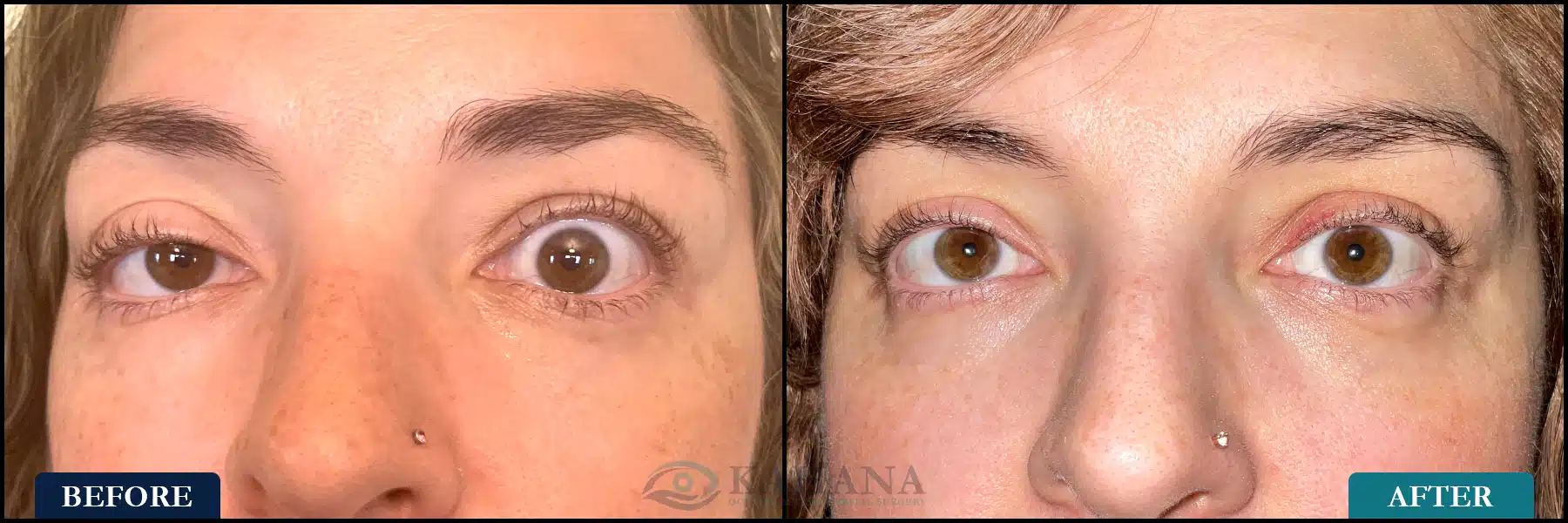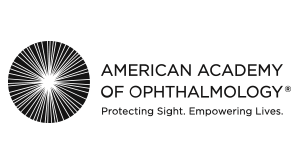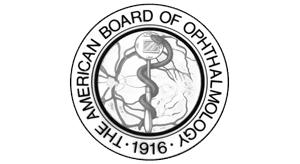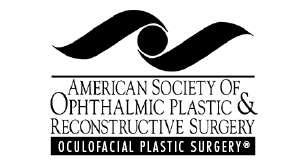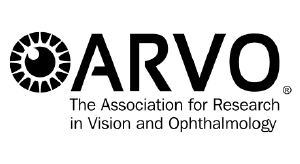How Diet Affects Inflammation & Thyroid Eye Disease


“We are what we eat.” This adage is especially true in patients who are prone to inflammatory disorders such as Graves Disease/Thyroid Eye Disease, Rheumatoid Arthritis, Lupus Erythematosus, Sarcoidosis, Sjogren Syndrome, Granulomatosis with Polyangiitis, and other inflammatory conditions.
Diet directly affects inflammation, the immune system, and thyroid eye disease or other autoimmune disorders.
Scientists estimate that the human body is made up of about 30 trillion individual human cells and 38 trillion individual bacterial cells. Microorganism colonies are particularly robust in the digestive and respiratory tracts as well as on the skin, forming the microbiome of the human body. Interaction between bacterial and human cells is essential for human health, affecting metabolism, hormone function and especially the immune system.
The function of the human immune system is dependent on constant “poking” interactions between microorganisms and the host, with the immune system actively surveying the body all the time. For this to occur in a healthy fashion, there needs to be a proper balance among the microorganisms – the “microbiome” of the body.
When the microbiome is out of balance, it can cause derangement in the body’s immune response, leading to hyper-activation and auto-immunity, which can affect thyroid eye disease.
Probiotics serve to stimulate the body’s immune system in a beneficial way to help promote the rebalancing of the immune response. Probiotic supplements and yogurts tout their “active” live colonies. However, the important aspect of probiotics is the actual cell with its surface antigens rather than living proliferating bacteria.
That’s why it’s ok (even important) to take probiotics when taking antibiotics – the antibiotic might kill the bacteria, but the surface antigens continue to provide balance while the antibiotic kills the pathogenic bacteria that are causing an infection.
Food has a tremendous impact on the microbial balance of the body. Fermented foods and yogurts introduce probiotics. Red meat and cow milk introduce animal antigens, as well as antibiotics used in animal farming. Simple sugars serve as food for bad microorganisms, while complex sugars promote the growth of more beneficial microorganisms. Hence, it’s really important to eat a good, well-balanced diet. That’s doubly true if you have an autoimmune disease such as thyroid eye disease, rheumatoid, sarcoid, etc.
Detecting potential invaders is the job of specific cells in our immune system with receptors for locating disease-causing microbes and their signature molecules. A healthy gut microbiome is also important to protect us from these disease-causing microbes, as “gut-friendly” or “good” bacteria protect us from “gut-unfriendly” or “bad” bacteria, so it is very important to maintain a healthy gut to protect our overall health.
In order to maintain a healthy gut microbiome, we recommend avoiding the unnecessary use of broad-spectrum antibiotics whenever possible and limiting intake of conventionally farmed poultry, pork and beef.
When we eat food containing unnatural chemicals, like artificial sweeteners, we poison the detector cells and good bacteria. Diets unnaturally high in carbohydrates, especially simple sugars, and saturated fats likewise damage the detector cells by damaging their membranes and altering their hormonal signals.
Therefore, we recommend avoiding artificial sweeteners and limiting simple sugars and saturated fats as much as possible.
Furthermore, diets that are high in mimetic proteins – foreign proteins that look like or “mimic” human proteins – can stimulate immune cells to react and be turned against our own proteins – auto-immunity. For example, foods like cow’s milk are rich in bovine albumin. Mature bovine albumin is made up of 583 amino acids and weighs 66.4 kilo daltons. Mature human albumin is made up of 585 amino acids and weighs 66.5 kilo daltons. The sequence identity between human and cow albumin is >75%. Antibodies that react against one also react against the other. Hence, a diet rich in cow albumin, e.g., milk, will continuously stimulate the human gut to produce antibodies that may then attack proteins in our own bodies, causing auto-immunity and inflammation. On the other hand, diets that are rich in omega-3 fatty acids – short mono-unsaturated fats – and contain low to moderate amounts of complex carbohydrates and plant proteins that do not mimic human proteins will promote a healthy immune cell environment and a healthier gut.
Diets that are high in carbohydrates and protein stimulate insulin production, which is also pro-inflammatory. While we need insulin to survive, excess production is harmful and inflammatory. Therefore, anyone suffering from an autoimmune disease such as thyroid eye disease should attempt to limit insulin production as much as possible, whether or not they suffer from diabetes. In patients with diabetes, a dietary reduction in carbohydrates should be done under the direct guidance of a primary care physician or endocrinologist, as insulin requirements will decrease and medications may need to be adjusted.
The insulin-like growth fact (IGF) pathway is an important pathway in developing thyroid eye disease (TED). Drugs that block the IGF pathway, such as Tepezza, can help reduce the symptoms of TED. Insulin is likely a major controller of insulin/IGF-1 action, although the exact relationship is not fully understood. When insulin binds to its receptor, some of its downstream effects are similar to the effects seen with stimulation of the IGF-1 receptor. IGF-1 levels are also elevated in response to carbohydrate and protein intake. Interestingly, consumption of dairy is specifically associated with elevated IGF-1 production. Consequently, in patients suffering from thyroid eye disease, a healthy, anti-inflammatory diet should limit as much as possible the intake of dairy, proteins, and carbohydrates such as simple sugars.
A good anti-inflammatory diet should generally avoid simple sugars/carbohydrates and processed foods. Grains, including bread and pasta, should be as minimally processed as possible to maintain their fiber content and reduce their sugar content. Grain consumption should also be limited to prevent insulin secretion and IGF-1 production. Dairy should be minimized, and cow milk in particular should be avoided. Diets high in protein should also be avoided to minimize insulin production.
Conversely, tree nuts, such as almonds, pecans and walnuts, are a staple of the anti-inflammatory diet. Ray-finned fish (Actinopterygii class of bony fishes), such as tuna, cod, halibut, salmon, perch, bass and trout (but not shellfish) are an excellent source of non-mimetic proteins as well as omega-3 fatty acids. Consumption of healthy fats is encouraged. Finally, foods should be fresh, avoiding unnatural chemicals and dangerous preservatives.
By eating a healthier diet, your body will reestablish its balance, restore the health of its immune system, and improve digestion and absorption of important nutrients. The modern industrialization of food production and processing has brought millions out of hunger and malnutrition, but over-indulging in processed food and meats can hyper-stimulate the immune system and drive auto-immunity. It is up to each of us to put the right things into our bodies – fresh, natural, balanced and healthy.
Questions about how your diet and inflammation are affecting your thyroid eye disease? Schedule a consultation.
